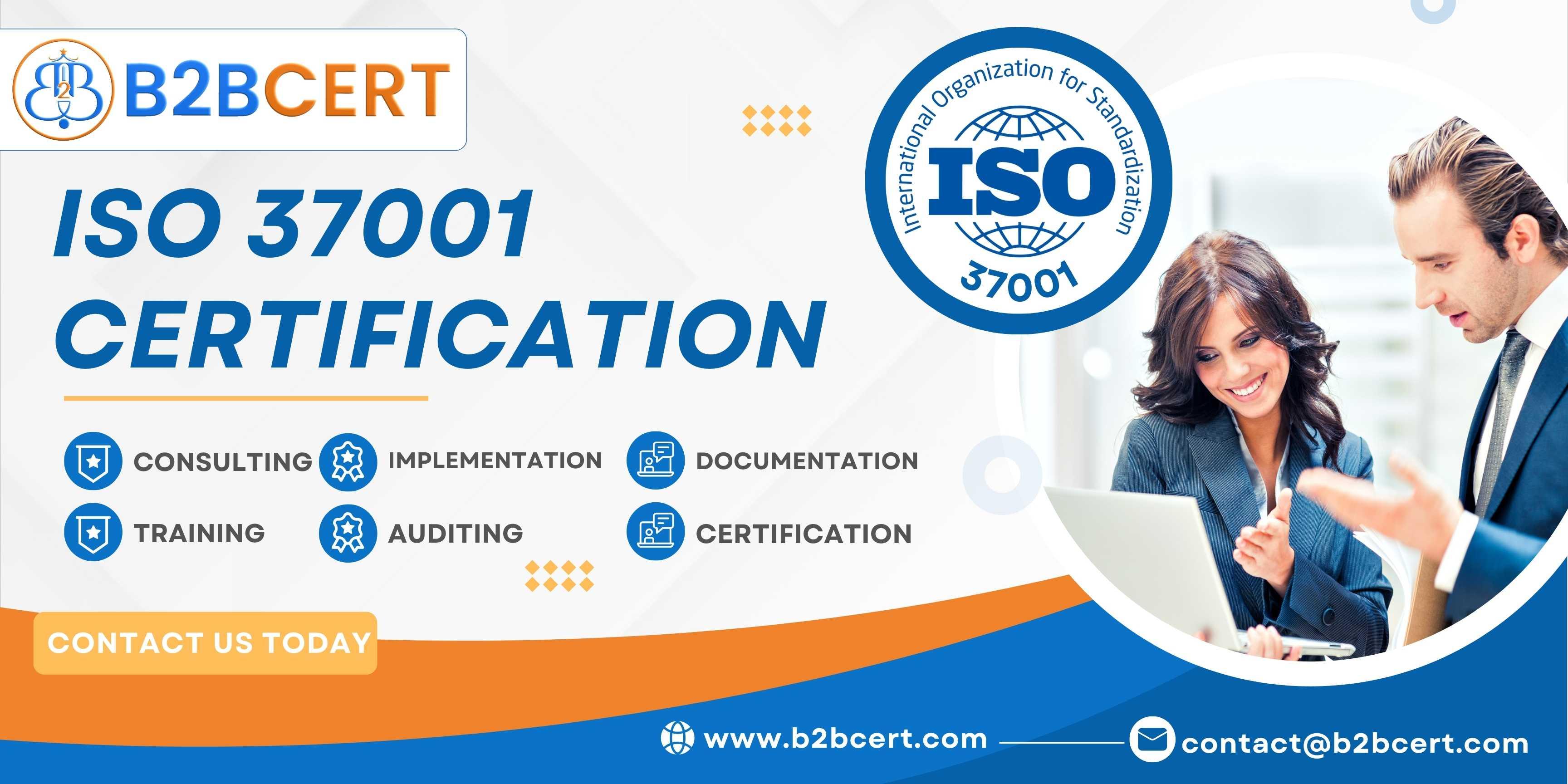In today’s business landscape, maintaining ethical practices and preventing corruption has become essential for sustainable growth. Organizations that achieve ISO 37001 Certification in Kuwait demonstrate a strong commitment to anti-bribery management, enhancing their reputation and operational integrity. Many companies across diverse sectors have successfully implemented ISO 37001, realizing significant improvements in governance, compliance, and corporate culture.
Challenges Organizations Faced Before ISO 37001
Prior to implementing ISO 37001, many organizations grappled with challenges such as:
- Risk of Bribery and Corruption: Companies often lacked formal policies and procedures to mitigate bribery risks, leaving them vulnerable to legal and financial penalties.
- Inconsistent Compliance Practices: Dispersed operations without standardized anti-bribery measures created gaps in monitoring and enforcement.
- Reputation Management: Organizations faced scrutiny from regulators, stakeholders, and customers due to perceived lapses in ethical governance.
- Limited Awareness: Employees were often unaware of bribery risks or how to report unethical behavior, weakening internal controls.
These challenges underscored the importance of a structured framework to proactively address bribery risks and enhance organizational integrity.
Strategies for Successful ISO 37001 Implementation
Companies pursuing ISO 37001 in Kuwait adopted strategic measures to ensure successful certification:
- Engaging Expert Consultants: Businesses relied on ISO 37001 Consultants in Kuwait to guide them through implementation, including risk assessments, policy formulation, and audit preparation.
- Conducting Comprehensive Risk Assessments: Organizations identified bribery risks across departments, supply chains, and third-party relationships, prioritizing controls to mitigate high-risk areas.
- Establishing an Anti-Bribery Management System (ABMS): Implementing a formal ABMS provided structured policies, reporting channels, and monitoring mechanisms to ensure consistent enforcement of anti-bribery practices.
- Employee Training and Awareness Programs: Staff at all levels received training on ethical practices, reporting procedures, and whistleblower protections, fostering a culture of transparency and accountability.
- Regular Monitoring and Audits: Conducting internal ISO 37001 Audit in Kuwait sessions allowed organizations to identify gaps, implement corrective actions, and continuously improve their anti-bribery systems.
Positive Outcomes of ISO 37001 Certification
Achieving ISO 37001 certification brought measurable benefits to organizations:
- Enhanced Governance and Compliance: Companies strengthened their internal controls, reducing the risk of bribery incidents and demonstrating adherence to legal requirements.
- Cultural Transformation: Implementing ISO 37001 fostered a culture of integrity, accountability, and ethical decision-making across the organization.
- Improved Reputation and Stakeholder Confidence: Certification provided external assurance to clients, regulators, and partners that the organization prioritizes anti-bribery practices, boosting credibility and trust.
- Operational Efficiency: Streamlined policies, standardized processes, and clear reporting channels minimized risks and enhanced decision-making, leading to smoother operations.
- Cost Avoidance: Proactively managing bribery risks reduced potential financial penalties, legal costs, and reputational damage, justifying the investment in ISO 37001 Cost in Kuwait.
Conclusion
The journey to ISO 37001 Certification in Kuwait is a strategic step toward promoting ethical practices and mitigating bribery risks. Organizations that successfully implement ISO 37001 benefit from stronger governance, improved corporate culture, and increased stakeholder confidence. Engaging experienced ISO 37001 Consultants in Kuwait, conducting thorough risk assessments, and performing regular audits are critical factors in ensuring successful certification and continuous improvement.
ISO 37001 not only safeguards organizations from bribery-related risks but also reinforces their commitment to ethical business practices. Companies embracing ISO 37001 are better positioned to operate transparently, foster trust among stakeholders, and achieve long-term sustainable growth in an increasingly competitive and compliance-driven environment.

